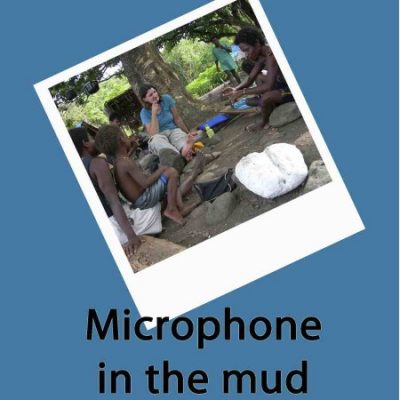Tevfik Esenç & Ubykh: cenaze – begrafenis – begravelse – funeral
TÜRKÇE: Ünlü Kafkas Ubihca dilinin son abidelerinden (konuSan) olan Tevfik Esenç, 7 Ekim 1992 hayatini kaybetti ve son yolculuğuna uğurlandi. Sadece danimarkali Ole Stig Andersen son fotoğraflari Cekebildi. Bu kendince bir ilk ve Tevfik Esenc kendisiyle beraber ünlü Ubihca dilinin ( kendine özgü 80 ünsüz sesli olan Ubihca) sonsuza veda etmesi oldu. Türkçe nin 22 ünsüz sesi bulunuyor.
ENGLISH: On the 7th of October 1992, Tevfik Esenç, the last speaker of the famous Caucasian language Ubykh, passed away. He was buried that same day. Ole Stig Andersen from Denmark was there. He was the only one who took pictures. These unique pictures are shown here for the very first time. With his photos, Ole Stig Andersen recorded a special event … ↪




